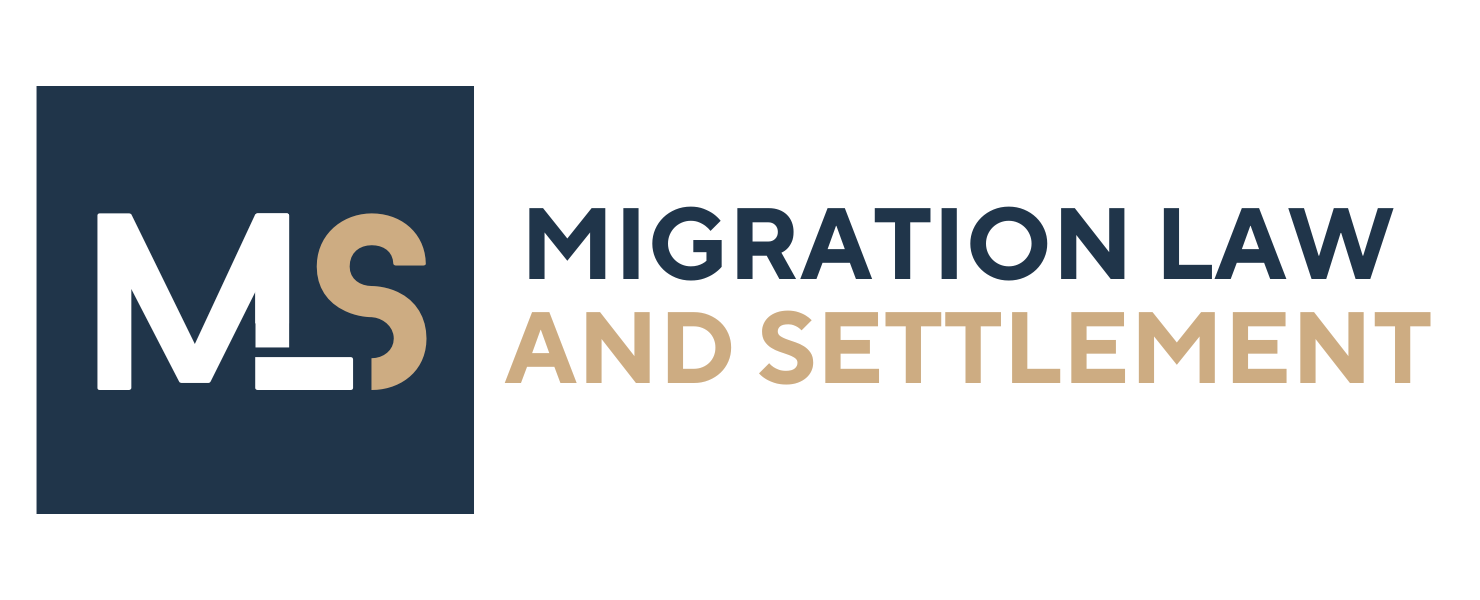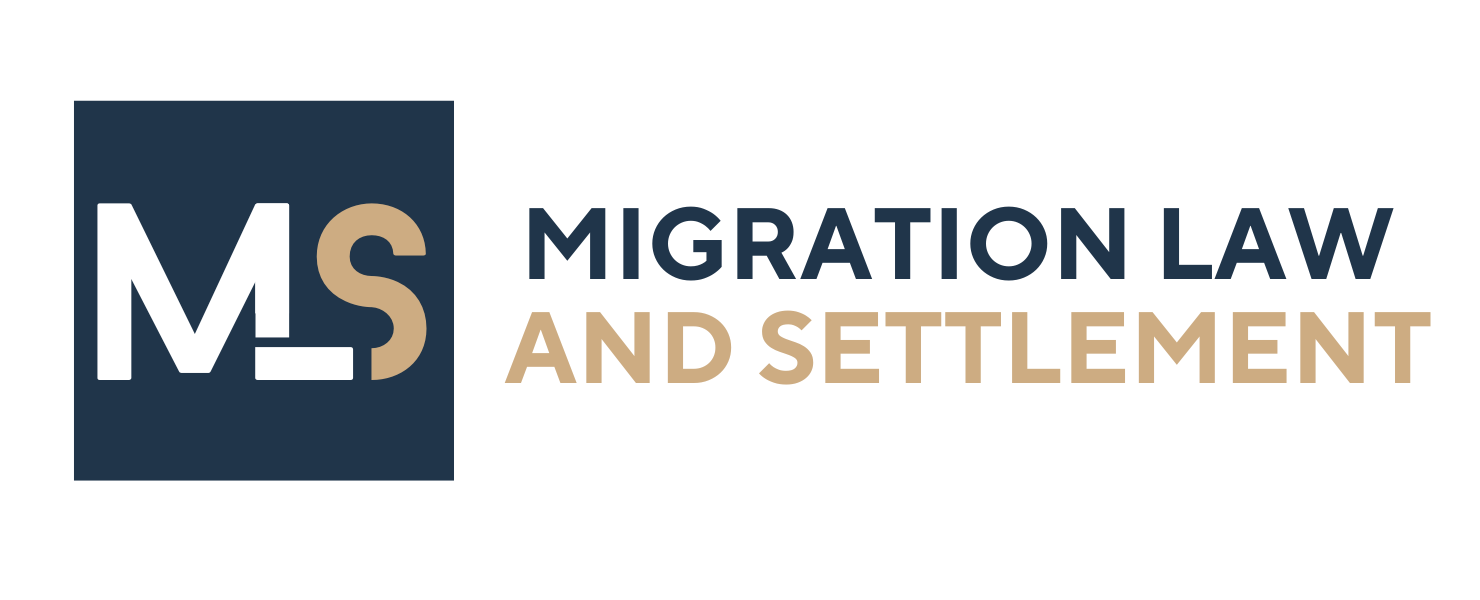Are you considering applying for an Australian visa but wondering if you really need legal help? Many people wonder whether they should engage an experienced migration lawyer for their visa applications. The answer largely depends on how confident they are in navigating Australia’s complex migration laws and processes. Just as some people buy or sell property without a lawyer or perform minor medical procedures on themselves without a doctor, handling immigration processes yourself is possible if you have the necessary skills and confidence.
The real question is: can you afford the risk? After years of hard work, a single mistake can set you back for years, alter your future, and result in substantial legal costs. Most people lack the expertise to fully grasp the complexities of immigration law or anticipate the far-reaching consequences of even a minor error. To illustrate the importance of accuracy and experience, here are two real-life cases that highlight how critical these factors are in the migration process.
Case Study #1: Navigating Visa Streams
When it comes to visa applications, even a small misstep can have life-changing consequences. The recent Federal Court decision in Obinwa v Minister for Immigration, Citizenship and Multicultural Affairs [2024] FCAFC 63 illustrates how a seemingly minor error in selecting the correct visa stream can derail an applicant’s immigration journey.
What Happened?
In July 2021, the appellant applied online for a Subclass 485 Temporary Graduate visa. This visa had two distinct streams:
- Graduate Work Stream – Designed for applicants who have recently completed a qualification and have obtained a satisfactory skills assessment.
- Post-Study Work Stream – Tailored for graduates with a degree-level or higher qualification. A skills assessment is not required under this stream.
Mr. Obinwa mistakenly selected the Graduate Work Stream, despite later arguing that he intended to apply under the Post-Study Work Stream. Unfortunately, he did not meet the Graduate Work Stream criteria due to the absence of a satisfactory skills assessment, leading to his application’s refusal on 27 April 2022.
During the review at the then Administrative Appeals Tribunal (the Tribunal), Mr. Obinwa contended that he had intended to apply under the Post-Study Work Stream and had made an honest mistake. The Tribunal considered whether it had the authority to change streams to grant a visa under the Post-Study Work Stream if the applicant met its criteria. However, it concluded that clause 1229(3)(j) of the Migration Regulations 1994 prevented such a change. This clause states:
(j) An applicant seeking to satisfy the primary criteria for the grant of a Subclass 485 (Temporary Graduate) visa must nominate only one stream to which the application relates.
The Circuit and Federal Courts subsequently upheld the Tribunal’s decision, emphasising that applicants were bound by the visa stream they originally nominated.
Key Lessons and Insights
- Choose Your Stream Carefully
The court’s decision underscores the importance of selecting the correct visa stream. Once an applicant nominates a stream, they must meet the corresponding eligibility criteria. In this case, the appellant’s mistake led to his assessment against criteria for which he did not qualify, resulting in refusal. - Understanding Criteria Crystallisation
For visas like Subclass 485, the eligibility criteria are crystallised at the time of application. The court reinforced that the legislative framework does not permit switching between streams after submission. This means that failing to meet the selected stream’s criteria—even if another stream may have been a better fit—results in mandatory refusal under the law. - The High Stakes of Mistakes
Beyond a simple refusal, a failed visa application can trigger serious consequences. A refusal may invoke restrictions under section 48 of the Migration Act 1958, preventing further visa applications while in Australia. In this case, the appellant not only lost the opportunity to secure a visa under the desired stream but also faced additional barriers in his ongoing migration journey. - Real-World Impact
The Obinwa decision demonstrates how rigid legal frameworks can lead to unexpected, often harsh, outcomes. Engaging an experienced migration law lawyer ensures professional guidance throughout the process, minimising the risk of such costly mistakes. - Additional Legal Costs and Fees
Mr Obinwa is likely responsible for covering not only his own legal expenses but also the government’s legal costs incurred from the Circuit Court to the Federal Court. These expenses can easily accumulate to a five-figure legal bill, adding substantial financial strain to an already challenging situation.
Case Study #2: Misinterpretation of Qualification for Additional Points
What Happened?
An applicant claimed an additional 10 points for a Specialist Education Qualification, relying on an online form provided by the Department of Home Affairs. However, the form did not explicitly state that these extra points were only available for applicants with a master’s degree by research. The applicant’s degree was a coursework-based qualification, which did not meet the eligibility requirements under subparagraph 2.26AC(5A)(a)(i) of Schedule 6D of the Migration Regulations 1994 governing the allocation of additional points.
Even though the Subclass 190 visa is not ranked in SkillSelect like the Subclass 189 visa, its selection process still relies on a points test mechanism. Under subclause 190.214(1) of Schedule 2 of the Regulations, once an invitation is issued, the applicant’s assessed points score must not fall below the score stated in the invitation. This ensures that eligibility criteria at the time of invitation are maintained throughout the visa application process.
The Department of Home Affairs delegate was required by law to refuse the application if the applicant’s final assessed score was lower than what was claimed at the invitation stage. Moreover, any additional evidence such as superior English test results or proof of extended skilled employment must demonstrate that the criteria were met at the time of invitation. New evidence obtained afterwards cannot retrospectively justify a points shortfall.
Key Lessons and Insights
- The High Stakes of Mistakes
This is a rigid system. A rejection in this scenario may trigger the section 48 statutory bar, preventing further visa applications while in Australia. Many applicants at this stage do not hold a substantive visa, making them subject to the Schedule 3 statutory bar, which further limits their options. Additionally, incorrect information in a failed application can lead to additional scrutiny, increasing processing times for future applications. - Potential Finding of False or Misleading Information
Under Public Interest Criterion (PIC) 4020 of Schedule 4 of the Regulations, even an unintentional error may be deemed as providing false or misleading information. While a clear and honest explanation may mitigate the risk of PIC 4020 being applied, any misrepresentation could result in not only refusal but also a three-year ban from obtaining most other visas.
Conclusion
These case studies highlight the unforgiving nature of Australia’s migration laws. Choosing the right visa stream, accurately claiming points, and avoiding technical errors are critical to a successful outcome. Engaging an experienced migration lawyer ensures that your application is robust, reducing risks and improving your chances of success. Professional legal advice can save you time and money.
A skilled migration lawyer can help you:
- Review Your Options – Ensure you select the correct visa pathways, understand subtle differences between streams, and assess eligibility properly.
- Avoid Hidden Pitfalls – Prevent errors such as misinterpreting legal requirements or failing to submit necessary evidence.
- Provide Clarity – Assist in gathering and presenting documentation that meets the precise legal requirements, allowing you to focus on your life without immigration-related stress.
- Navigate Complexity – Interpret the intricate language of the Migration Regulations and case law, ensuring that you don’t inadvertently jeopardize your application.


